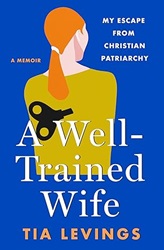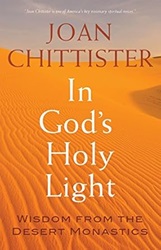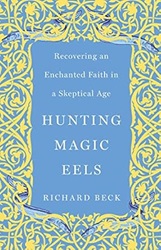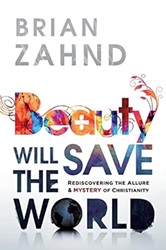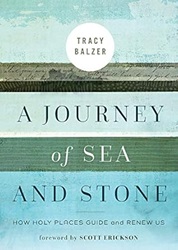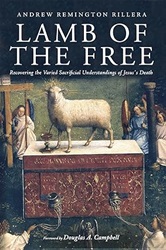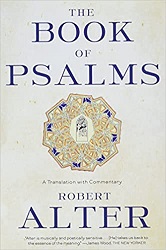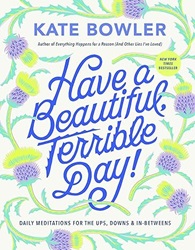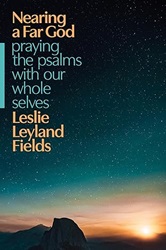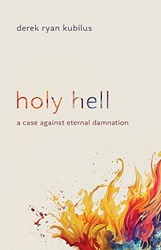Review of A Well-Trained Wife, by Tia Levings
My Escape from Christian Patriarchy
by Tia Levings
St. Martin’s Press, 2024. 289 pages.
Review written October 18, 2024, from my own copy, purchased from Amazon.com
Starred Review
A Well-Trained Wife is a memoir from Tia Levings about her life in Christian fundamentalism, her abusive marriage, and how she finally got the courage to leave. Here’s an excerpt from the Prologue:
Allan screamed every night at the demons in the walls. He clutched at my neck as often as he tore his hair seeing those fiery red eyes. He swore he’d kill me. Or he’d take the kids “forever.” Finally, I begged him to see a doctor. I called him “unwell,” too afraid to call it insanity.
The church called Allan’s demons spiritual warfare. Seeing demons pointed to spiritual truth, not illness. Allan didn’t need medicine – I needed correction. They told me to submit more. Go to church more. And anyway, Allan refused doctors. That settled that.
And I was supposed to turn the other cheek. Divorce wasn’t allowed any more than doctors. Now, my long hair hid the scars resulting from my vows to love, honor, and obey. “Till death do us part” could mean by his hand, but who cared?
The Prologue tells us where the story is going, and then Tia’s story shows us how she got there. She starts out with her background in a fundamentalist church and her earnest desire to please God – as well as the boy her friend introduced her to who tried to molest her. And then guilt for that, and plenty of teaching about how a woman’s role is to get married and please her husband and have his babies. One of her best friends in high school was a guy she was afraid was gay – and believed that meant he’d go to hell if it were true.
And then she meets Allan. He is also looking for the woman God has for him. And he moves quickly. Tia relates their story with all the red flags that she didn’t realize were red flags at the time. They get married and get involved in increasingly more conservative churches. Both of them get discipled by people who tell them that Allan needs to be the one in control – complete with “disciplining” Tia and not letting her post anything online he hasn’t approved.
Tia’s story includes five kids and the excruciating story of an infant who gets heart surgery – and then passes away when only nine weeks old. Through it all, her husband is controlling and abusive – and Tia keeps thinking that if she does better, is more obedient, more pleasant, she can change things for them.
Until finally she realizes her life and her children’s lives are in danger, and she escapes in the night.
Tia Levings tells her story well. There’s lots of detail so we understand where she is coming from, and she speaks with compassion for her past self who went through so much and just wanted to please God. She talks about the many lifelines who helped her gain perspective, helped her even think about leaving, and helped her get her feet on the ground after she did leave.
I like these words of perspective in one of the later chapters:
But that’s the thing about puritanical high-control religion. All those God-rules had numbed the entire human experience. The good and the bad, the joy and the pain. The rules said there wasn’t more and I was wrong to thirst for it. Now here was reality, offering me drink.
And of course the book makes me reflect. Because I grew up in a conservative Christian home. I have described it before as not as extreme as those who were home schooled and deep into Bill Gothard’s teachings. We weren’t as extreme as what she describes here.
But then I think, hold on, the only reason my parents weren’t as extreme is that the churches they attended weren’t quite that extreme. But I attended Bill Gothard’s “Institute in Basic Youth Conflicts” many times. I think the only reason we didn’t go to the Advanced seminar (and maybe my oldest brother did?) was that it wasn’t happening nearby, and we’d never pay for plane flights.
I was third of thirteen children. We went to church twice on Sundays and on Wednesday nights as well. We went to Christian schools. Or at least we older kids did – the later kids were homeschooled. I went to a Christian university and married a young man I met there who had his own notebook from Bill Gothard’s Advanced Seminar.
I’ve long told myself that we had a good marriage for many years – until my husband let chronic resentment get in and had an affair and left me. But this book made me wonder how much I was fooling myself. I had wanted to be a stay-at-home Mom, but we couldn’t afford that and I worked part-time for most of the time we were married – and felt a little resentful about that. I happily followed his job around the country and the world – but I wonder if there would have been a better way to approach it. And of course, I knew absolutely nothing about sex when I got married. I always thought it was beautiful to learn together – but well, this book made me think more about those kids hurrying into marriage and thinking they knew “God’s right way” to do things. I’m just not sure I was any more clear-eyed than Tia was.
All that is to say that this book is compelling and well-written. And it made me think about what makes a good marriage – and that it’s perhaps not as clear-cut as my pastors used to try to make me believe.
I love this statement on the very last page:
I have a new spiritual practice now. One that is fluid and deeply private. There are no gurus or holy books of rules. My mycorrhizal network underground communicates through poetry, gratitude, compassion, reality, and supreme love. I’m a tree rooted to the deep with arms reaching for the sky. I’m a woman. A mother writer artist hiker friend, but more than any role. I am not half of another. Nor the completion of their aching soul. I don’t owe anyone my body or service. Training is for dogs. I’m a human soul on a journey home and I belong to me.
That makes me believe that Tia Levings is going to go on to live a good and joyful life. Not a perfect one, but a rich and lovely one, with plenty of joys and sorrows. And I believe that I am doing so, too.
Thank you for sharing your story, Tia! Here’s to a life free of rules but full of love and joy.
Find this review on Sonderbooks at: www.sonderbooks.com/Nonfiction/well_trained_wife.html
Disclosure: I am an Amazon Affiliate, and will earn a small percentage if you order a book on Amazon after clicking through from my site.
Disclaimer: I am a professional librarian, but the views expressed are solely my own, and in no way represent the official views of my employer or of any committee or group of which I am part.
What did you think of this book?
